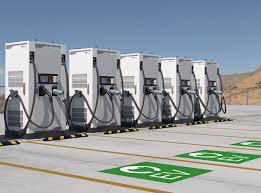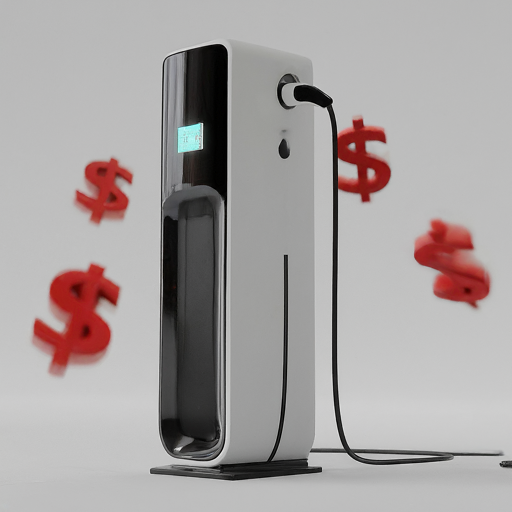this post was submitted on 03 Sep 2024
15 points (82.6% liked)
Electric Vehicles
3151 readers
1 users here now
A community for the sharing of links, news, and discussion related to Electric Vehicles.
Rules
- No bigotry - including racism, sexism, ableism, homophobia, transphobia, or xenophobia.
- Be respectful, especially when disagreeing. Everyone should feel welcome here.
- No self-promotion
- No irrelevant content. All posts must be relevant and related to plug-in electric vehicles — BEVs or PHEVs.
- No trolling
- Policy, not politics. Submissions and comments about effective policymaking are allowed and encouraged in the community, however conversations and submissions about parties, politicians, and those devolving into general tribalism will be removed.
founded 1 year ago
MODERATORS
you are viewing a single comment's thread
view the rest of the comments
view the rest of the comments


There's also the idea of a Loss Leader.
People need to stop and charge. While they're there, you can also sell food, beverages, and all sorts of anything really.
Not everything needs to make a profit on it's own. Many stations couldn't survive only on fuel sales.
This is also the idea behind convenience stores at gas stations. Pumps don't really give any income in for the owner operator, gotta sell goods that people have immediate need or urge for.
If I was planning locations for DCFC I’d target malls, shopping centers, etc. and not gas station. Virtually every Tesla Supercharger I’ve seen is located at the back of these sorts of parking lots, and for a very obvious reason.
That's thinking of the charger as a separate business from the location its installed at.
The charger could be owned and operated by the local business instead.
I honestly loath the current app based "charging network" model. It's nothing more than another way to collect data and track people.